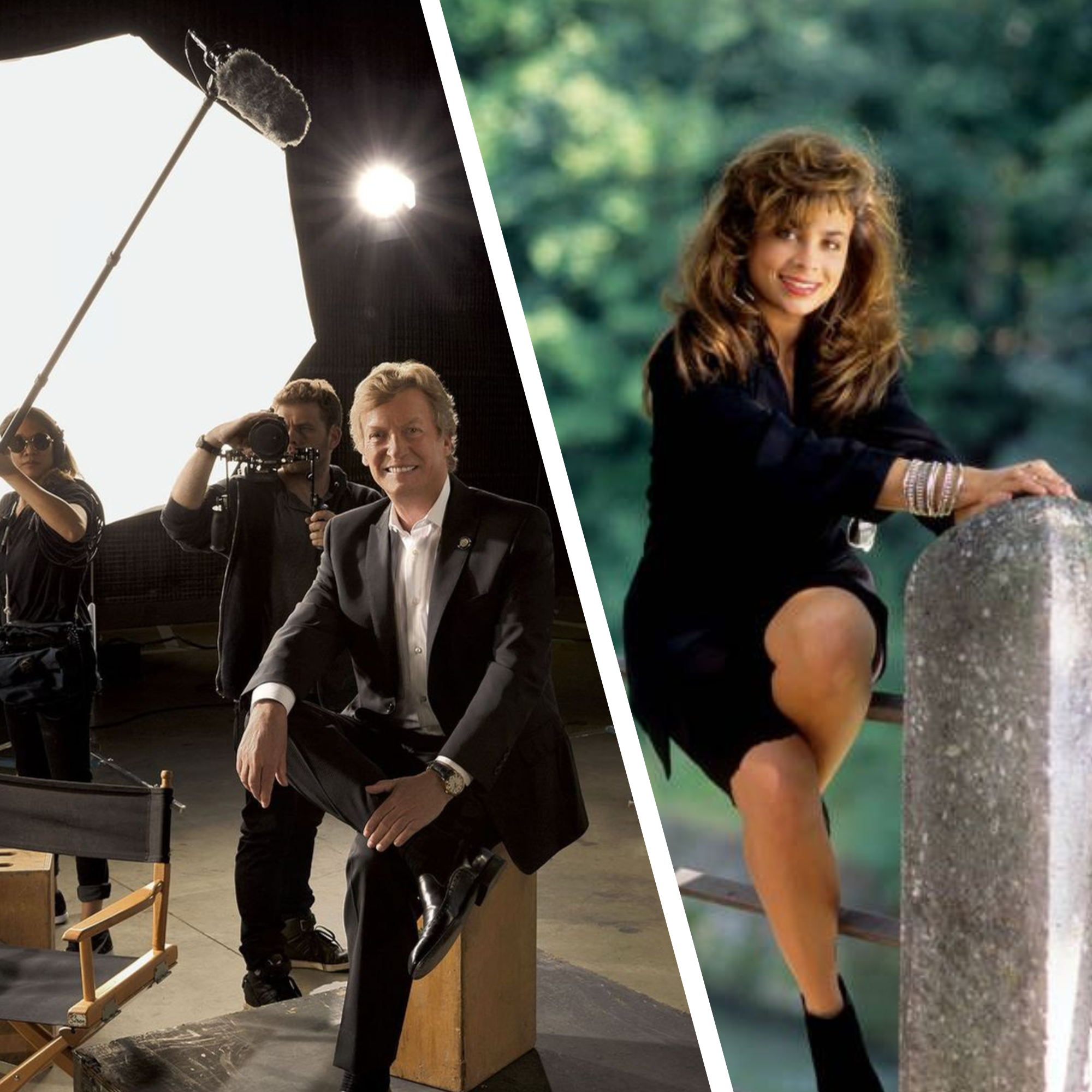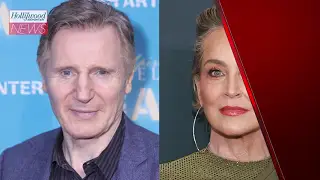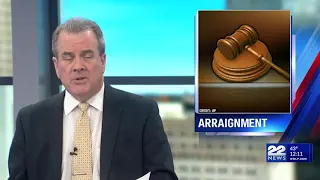In a shocking turn of events, former ‘American Idol’ judge Paula Abdul has filed a lawsuit against executive producer Nigel Lythgoe, accusing him of multiple instances of sexual assault. Lythgoe vehemently denies these allegations, instead claiming that Abdul has a “history of erratic behavior.” The legal battle unfolds against the backdrop of California’s Abuse and Cover-Up Accountability Act, providing victims an avenue to file claims previously barred by statutes of limitations.

The Allegations:
In the lawsuit filed in Los Angeles County, Abdul alleges that the first assault occurred during the early seasons of ‘American Idol.’ She claims that Lythgoe assaulted her in a hotel elevator, forcibly shoving her against a wall, grabbing her genitals and breasts, and attempting to kiss her. A second incident, according to Abdul, took place in 2015 after she signed a contract to judge ‘So You Think You Can Dance’ (SYTYCD). Abdul asserts that Lythgoe invited her to his house under the guise of discussing work opportunities, only to allegedly force himself on her, expressing a desire to be an “excellent power couple.”
Abdul further claims a third incident during her tenure on SYTYCD, where she witnessed Lythgoe allegedly groping one of her assistants. She alleges that Lythgoe “taunted” her and celebrated once the statute of limitations had passed.
Legal Claims:
Paula Abdul’s lawsuit accuses Nigel Lythgoe, along with production companies 19 Entertainment and FremantleMedia North America, of sexual assault and battery, sexual harassment, gender violence, and negligence. She also contends that she faced harassment and discrimination, particularly concerning compensation, during her time as a judge on ‘American Idol.’
Nigel Lythgoe’s Response:
Following the filing of the lawsuit, Lythgoe issued a statement denying all of Abdul’s claims. He expressed shock and sadness at the allegations, asserting that Paula and he have been “dear – and entirely platonic – friends and colleagues” for over two decades. Lythgoe went on to characterize Abdul’s claims as not only false but deeply offensive, promising to fight against what he deems an “appalling smear” with all his resources.
Thinly-Veiled Jabs:
In his response, Lythgoe did not elaborate on Abdul’s alleged “erratic behavior,” leaving room for speculation. However, reports suggest that his mention of Abdul’s “history of erratic behavior” may be a veiled reference to an alleged affair with ex-‘American Idol’ contestant Corey Clark in the mid-2000s, which Abdul has consistently denied.
Other Scandals Surrounding ‘American Idol’
While Paula Abdul’s recent lawsuit against Nigel Lythgoe has sent shockwaves through the entertainment industry, it is not the first scandal to cast a shadow over the long-running reality show ‘American Idol.’ Over the years, the program has faced its fair share of controversies, highlighting the challenges and controversies that often accompany reality television productions.
- Contestant Controversies: ‘American Idol’ has witnessed several controversies involving contestants. Notably, the disqualification of Corey Clark during Season 2 due to undisclosed legal issues and allegations of an affair with judge Paula Abdul created a significant stir. The incident raised questions about the show’s vetting process for contestants.
- Judges’ Behavior: The behavior of judges on ‘American Idol’ has also come under scrutiny. In 2010, Simon Cowell faced criticism for allegedly favoring certain contestants and making remarks that some deemed insensitive. While the show thrived on the judges’ candid critiques, it sometimes crossed into the territory of controversy.
- Racial Discrimination Claims: ‘American Idol’ has faced accusations of racial discrimination in contestant eliminations. Several contestants and critics have raised concerns over the years about potential biases in the voting process and the disproportionate elimination of contestants from specific racial or ethnic backgrounds.
- Production Manipulation: Like many reality shows, ‘American Idol’ has been accused of manipulating narratives and outcomes for dramatic effect. Claims of behind-the-scenes interference in contestant storylines and outcomes have raised questions about the authenticity of the show’s competitive nature.
- Allegations of Vote Rigging: The credibility of ‘American Idol’ voting systems has been questioned, with allegations of vote rigging emerging on multiple occasions. Fans and contestants alike have expressed doubts about the transparency and fairness of the voting process, leading to calls for reforms.
- Contractual Disputes: Various contestants and even judges have found themselves embroiled in contractual disputes with the show’s producers. These disputes have often revolved around issues such as compensation, contractual obligations, and restrictions on post-show opportunities.
In the context of these past scandals, Paula Abdul’s lawsuit adds another layer of complexity to the show’s history. As the legal proceedings unfold, it prompts a broader reflection on the dynamics within ‘American Idol’ and the challenges faced by those involved in the production, both in front of and behind the camera. The ongoing controversies underscore the need for increased scrutiny and accountability in the reality television industry.










Discussion about this post